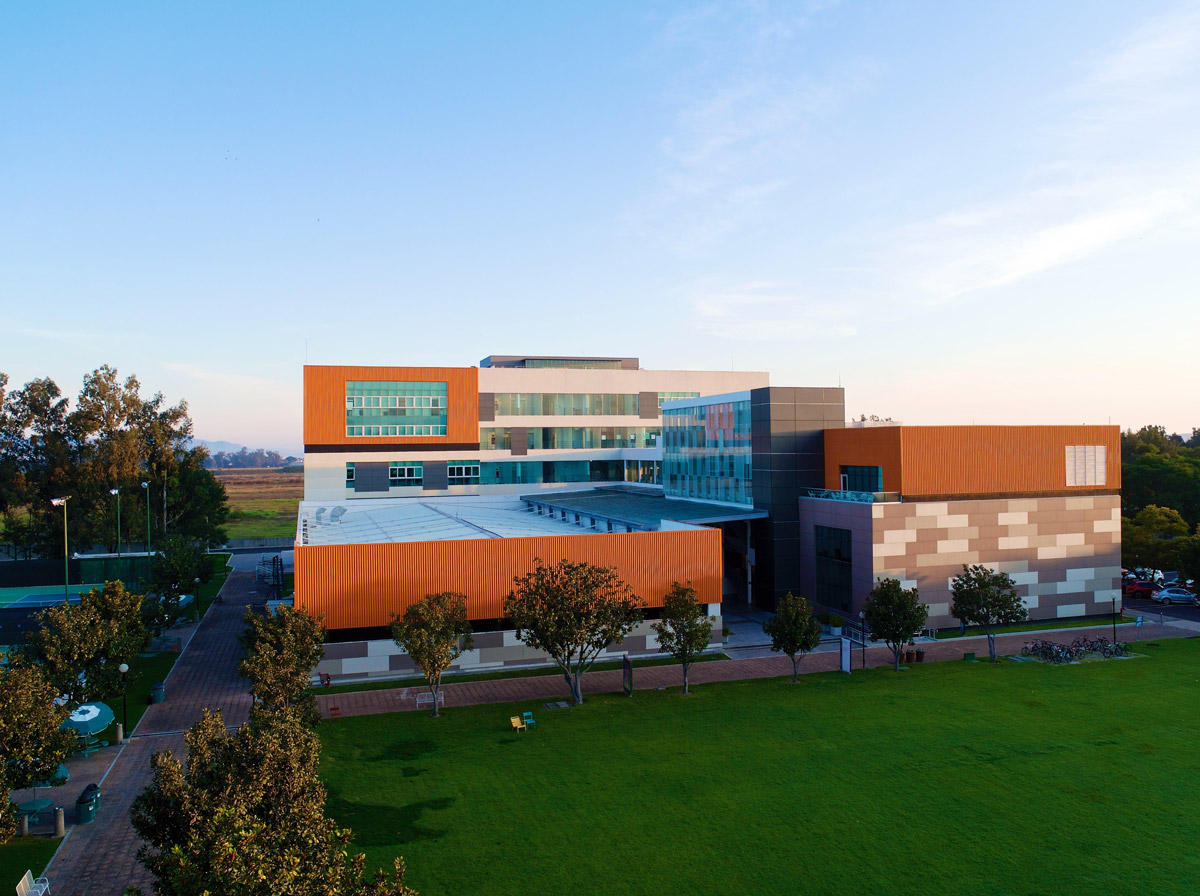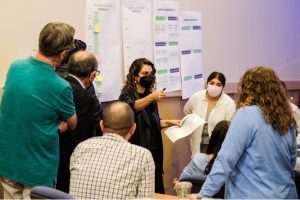The University has been accredited by the Southern Association of Colleges and Schools (SACS) over the last 30 years. The QS World University Rankings places Tecnologico de Monterrey as the #1 private University in Mexico, #5 in Latin America and #155 in the world.
ITESM focuses on the professional and human development of the students through high academic level, resources and programs of excellence. It is through educational experiences that we form people who become agents of change willing to be even more competitive in order to benefit their surroundings and the world; people who are responsible for their own lives, aware that their actions may promote the transformation of others.
What has done your institution concerning social innovation? What does your institution understands social innovation?

Innovate to transform is the challenge that the current World faces to generate true value to society.
Constructing networks to propel sustainability, prosperity, as well as a safer and fairer World through new solutions that are more efficient and economically sustainable.
Innovations that transcend the value generation process which not only emphasizes the role of the entrepreneurs and their characteristics, and it is not only focused on the social orientation of the managed companies, but also the innovation process itself that benefits individuals and extends the created value towards society.
Tecnologico de Monterrey´s 2020 vision is: “To form leaders, entrepreneurs, with human spirit and internationally competent”.
The Social Entrepreneurship Direction created the Tec Social strategy with the philosophy of inspiring and helping the members of the community to become Change Makers, to generate transformative proposals, as well as to create value to society and the planet https://www.youtube.com/watch?v=dDSDWRqE37c
Our commitment as one Tec, is to detonate a favorable environment of social entrepreneurship in which students, professors and collaborators, each one in their ecosystem, plays their role as entrepreneur, facilitator, conector and mentor towards a more promising future and with the firm conviction of the importance of forming leaders, entrepreneurs with human spirit.
What has done your institution concerning climate change?
Tecnologico de Monterrey has a national-level Research Group focused on Energy and Climate Change (https://tec.mx/en/research/where-research-carried-out/energy-and-climate-change).
This multidisciplinary group of researchers has three main research lines: energetic efficiency, clean energies and climate change.
Some current issues about the group deal with inclusion of smart grids, micro networks, network interconnection of renewables, novel systems for heat transfer (including nanofluids), sustainable mobility, energy efficiency in non-residential buildings, carbon capture and sequestration and short-lived pollutants.
Moreover, we offer Bachelor studies of Sustainable Development Engineering and general education subjects are offered to all careers regarding climate change and sustainability.
Laboratorio de Sostenibilidad y Cambio Climático
Laboratorio de Sostenibilidad y Cambio Climático develops and implements technology-based solutions to problems arising from productive activities in the region, to facilitate transitions to sustainable and circular economic and productive models. Lines of work and themes: Quality of water bodies, revaluation of waste, geographic information systems, management of agri-food waste, management of urban solid waste, treatment of wastewater, and sustainable public policy.

The pilot project on climate change
Jalisco, México
The project’s objective is to reduce the discharge of untreated tequila vinasse to protect the region’s water resources and reduce greenhouse gas emissions resulting from its degradation. Work is carried out in two priority areas (highlands and valleys) identified through geographic information systems. These areas have a high population density derived from the agri-food activities of the region.

Outputs: New strategies based on biotechnology for the best use of tequila residues, and workgroups to integrate stakeholders.
Contact us: msgradilla@tec.mx / diazdiego1095@gmail.com